After Ghost Ship: Supporting artist-led solutions to equitable and accessible space development
SOLD OUT
Sunday, October 21, 8am-4pm
Oakstop | 1721 Broadway | Oakland, CA 94612
In December 2016, a tragic fire in Oakland at Ghost Ship—an artist live/work and event warehouse—left 36 young musicians, artists, and community members dead. Tensions ran high in arts communities throughout the country around the scarcity of healthy and accessible space for arts and artists. How do we prevent more accidents from happening while retaining the precious little affordable living, working, and performance space left for artists in our rapidly gentrifying cities? Hear from artists, community groups and arts organizations developing equitable solutions from the grassroots to the policy level in addressing this issue and explore how funders are supporting this crucial and timely work.
After a deep dive into the post-Ghost Ship interventions of Bay Area artist communities, grantmakers will engage with artists and arts leaders in focused, small group discussions on how these issues are affecting different communities around the country. Conversations will explore artists’ experience and leadership in this work as well as the role of community developers partnering with artists in the creation of alternative spaces and models. The day will culminate in a facilitated workshop offering practical tools, practices and strategies to move this work forward.
Keynote Speaker
Ashara Ekundayo, independent curator, creative industries entrepreneur, cultural strategist, and founder, Ashara Ekundayo Gallery
Opening Panel
Moderated by Chris Zaldua, journalist, San Francisco Times and presented by David Keenan, co-founder of DIY Safer Spaces; Devi Peacock, Liberate 23rd Ave Collective; Eric Arnold, a journalist and arts advocate in Oakland; and Katherin Canton, Art + Culture organizer and facilitator, Emerging Arts Professionals SF/BA.
Small Group Discussions
Facilitated by Sage Crump, project manager, Leveraging a Network for Equity, National Performance Network/Visual Arts Network; Seven Asefaha, founder, Alena Museum; Joseph Kunkel, executive director, Sustainable Native Communities; Tionenji Aiken, communications director, Artspace
Workshop
Jeremy Liu, artist, community development practitioner, and senior fellow, Policy Link
Agenda
| 8:15 am | 8:15 am Networking breakfast |
| 9:00 am | 9:00 am Opening Keynote
|
| 9:15 am | 9:15 am After Ghost Ship Panel
|
| 10:45 am | 10:45 am Break |
| 11:00 am | 11:00 am After Ghost Ship Panel
|
| 12:00 pm | 12:00 pm Lunch by Reem’s California |
| 1:00 pm | 1:00 pm Round One Small Group Discussions
|
| 1:50 pm | 1:50 pm Round Two Small Group Discussions
|
| 2:35 pm | 2:35 pm Share Out |
| 3:00 pm | 3:00 pm Break |
| 3:15 pm | 3:15 pm Policy Link Funder Focused Work Session
|
| 4:15 pm | 4:15 pm Closing/adjournment |
Presenter Bios
Ashara Ekundayo
independent curator, creative industries entrepreneur, cultural strategist, and founder, Ashara Ekundayo Gallery
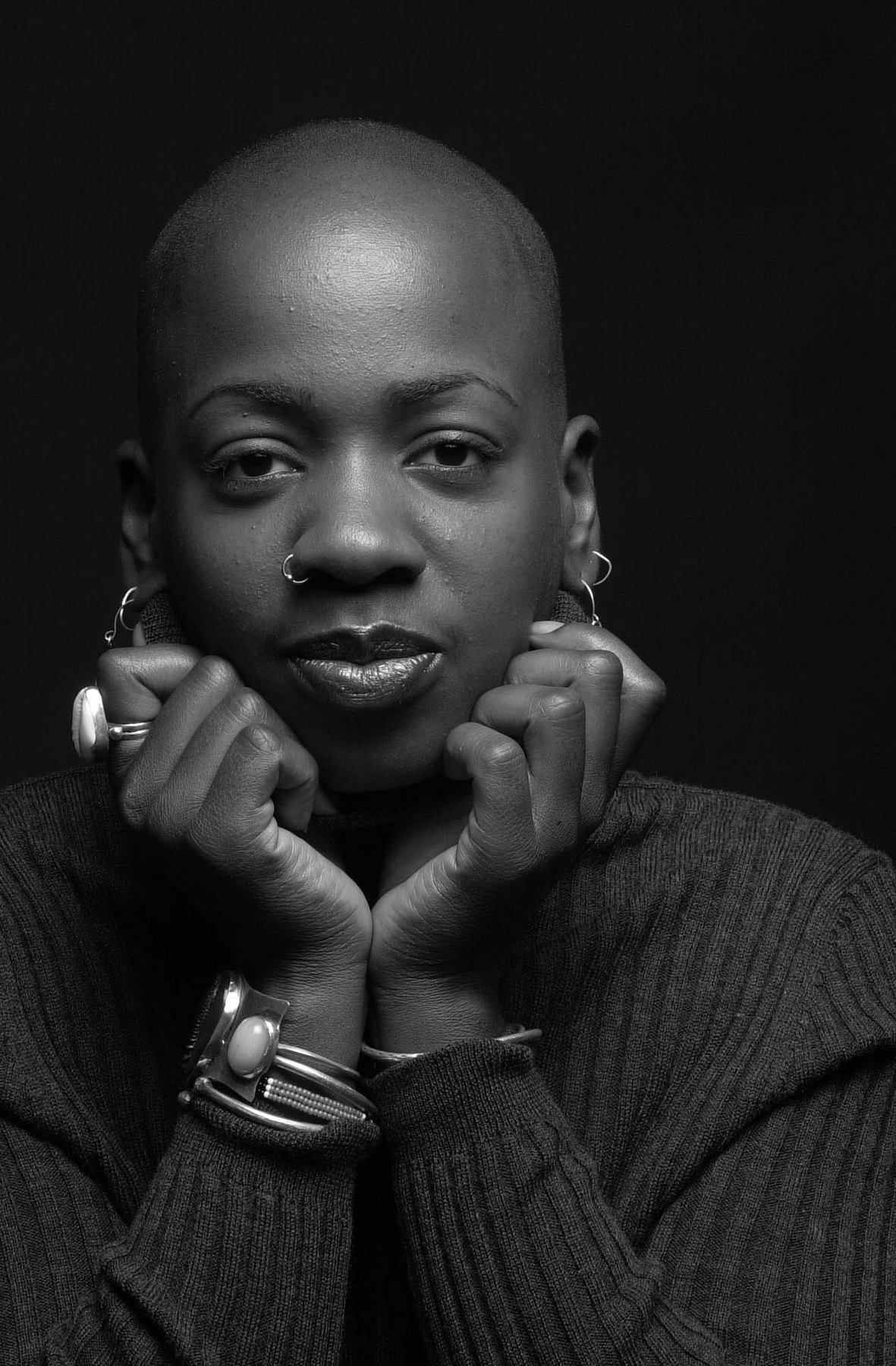 Ashara Ekundayo is an independent curator, creative industries entrepreneur, cultural strategist, founder, and consultant working across arts, community, government, and social innovation spaces. Through her consulting company AECreative she designs and manages multidimensional projects and fosters collaborative relationships using mindfulness and permaculture principles. Her creative arts practice epistemology requires an embodied commitment to recognizing joy during struggle. In 2012, Ekundayo co-founded Impact Hub Oakland and Omi Gallery and served as the co-director and chief creative officer until Spring 2018. Most recently she opened Ashara Ekundayo Gallery exclusively featuring the artwork of Black womxn and women of the African Diaspora to investigate and inspire social and spiritual inquiry at the nexus of fact, the Black feminist imaginary, and Afrofuturism through visual and performance exhibition. She holds advisory board positions with KQED Arts, Black Girls Code, and the Oakland Public Conservatory of Music, and has served as a fellow with Green for All, Emerging Arts Professionals, Schools Without Borders, and Institute for the Future. Her commitment to social transformation is informed by an intersectional framework that aims to expand the influence and impact of arts and culture on racial equity, gender + justice, and environmental literacy. T/IG @blublakwomyn – More Info at ashara.io.
Ashara Ekundayo is an independent curator, creative industries entrepreneur, cultural strategist, founder, and consultant working across arts, community, government, and social innovation spaces. Through her consulting company AECreative she designs and manages multidimensional projects and fosters collaborative relationships using mindfulness and permaculture principles. Her creative arts practice epistemology requires an embodied commitment to recognizing joy during struggle. In 2012, Ekundayo co-founded Impact Hub Oakland and Omi Gallery and served as the co-director and chief creative officer until Spring 2018. Most recently she opened Ashara Ekundayo Gallery exclusively featuring the artwork of Black womxn and women of the African Diaspora to investigate and inspire social and spiritual inquiry at the nexus of fact, the Black feminist imaginary, and Afrofuturism through visual and performance exhibition. She holds advisory board positions with KQED Arts, Black Girls Code, and the Oakland Public Conservatory of Music, and has served as a fellow with Green for All, Emerging Arts Professionals, Schools Without Borders, and Institute for the Future. Her commitment to social transformation is informed by an intersectional framework that aims to expand the influence and impact of arts and culture on racial equity, gender + justice, and environmental literacy. T/IG @blublakwomyn – More Info at ashara.io.
Chris Zaldua
journalist, San Francisco Times
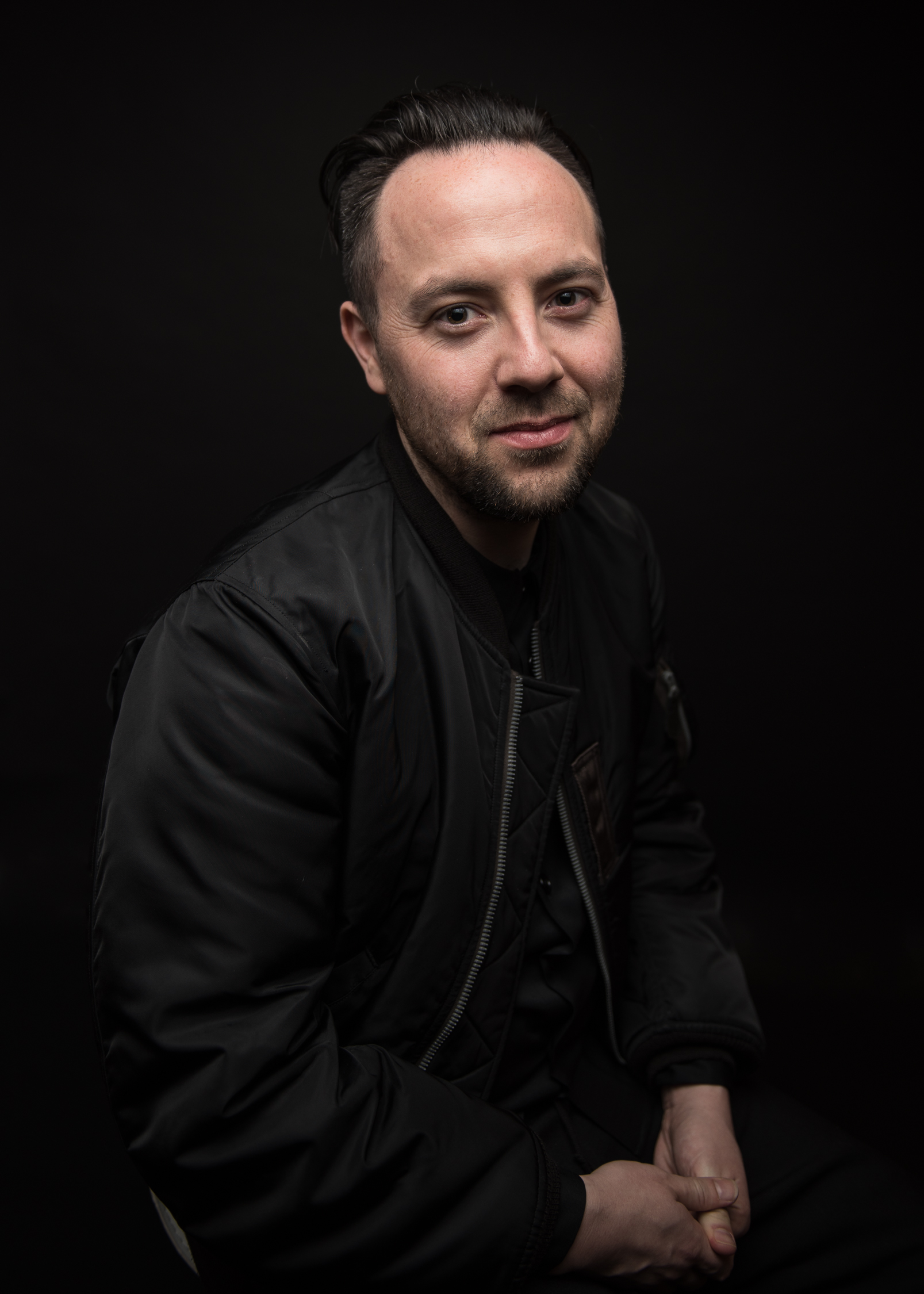 Chris Zaldua is a writer, event producer, DJ, and music obsessive based in San Francisco, California.
Chris Zaldua is a writer, event producer, DJ, and music obsessive based in San Francisco, California.
Eric Arnold
journalist and arts advocate, Oakulture
 Raised in the Bay Area, Arnold began his arts career as the first DJ to program a hip-hop show on KZSC-FM. After graduating with a degree in American Studies, he became music editor and later editorial director of 4080 Magazine. In addition to successfully advocating for a $400,000 allocation for public art murals from the Oakland City Council in 2013, he served on the Steering Committee of the Oakland Creative Neighborhoods Coalition from 2014-2016. In 2016, he became co-director of the Black Arts Movement Business District Community Development Corporation. In 2017-2018, Arnold served as a consultant for the City of Oakland’s Downtown Specific Plan, tasked with bringing an equity focus to the Plan and leading community engagement efforts. In 2018, Arnold co-curated the Oakland Museum’s first-ever hip-hop exhibit, which published his book, “The Bay Area Hip Hop Atlas,” and appeared on KQED’s forum, the New York Times, PBS NewsHour, international and local podcasts, and an upcoming segment for CNN International, “This Is the Middle East.” The official photographer for the Othering and Belonging conference presented by the Haas Institute, he remains active in media, contributing to Okay Player and Billboard, his Oakulture blog, and nationally-syndicated radio program “Making Contact.”
Raised in the Bay Area, Arnold began his arts career as the first DJ to program a hip-hop show on KZSC-FM. After graduating with a degree in American Studies, he became music editor and later editorial director of 4080 Magazine. In addition to successfully advocating for a $400,000 allocation for public art murals from the Oakland City Council in 2013, he served on the Steering Committee of the Oakland Creative Neighborhoods Coalition from 2014-2016. In 2016, he became co-director of the Black Arts Movement Business District Community Development Corporation. In 2017-2018, Arnold served as a consultant for the City of Oakland’s Downtown Specific Plan, tasked with bringing an equity focus to the Plan and leading community engagement efforts. In 2018, Arnold co-curated the Oakland Museum’s first-ever hip-hop exhibit, which published his book, “The Bay Area Hip Hop Atlas,” and appeared on KQED’s forum, the New York Times, PBS NewsHour, international and local podcasts, and an upcoming segment for CNN International, “This Is the Middle East.” The official photographer for the Othering and Belonging conference presented by the Haas Institute, he remains active in media, contributing to Okay Player and Billboard, his Oakulture blog, and nationally-syndicated radio program “Making Contact.”
Katherin Canton
Art + Culture Organizer and Facilitator, Emerging Arts Professionals SF/BA
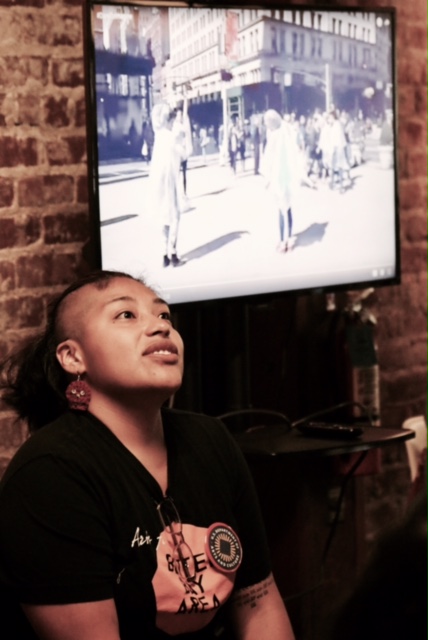 Born and raised in Oakland and San Francisco, CA, Katherin Canton envisions living in a community that values creative and cultural expression for all to participate in. Growing up in a single-mother household, she realized early on that our social systems and government policies are not centered on dignity and has been searching for ways to shift that ever since. In 2011, they earned a BFA from CCA, with an emphasis in Community Arts and a studio practice in photography/textiles, this is when her weaving practice began to honor their Guatemalan heritage. While at CCA, she was the Community Collaborations director at Rock Paper Scissors Collective and supported youth interns, the apparel/art boutique, and nourished connections between artists and neighbors through public programs. Canton recently organized with the U.S. Department of Arts and Culture, Arts for a Better Bay Area, is the co-founder of Oakland Creative Neighborhoods Coalition (#KeepOaklandCreative), and was the co-director of Emerging Arts Professionals SF/BA. Currently they volunteer with Peacock Rebellion, sits on the City of Oakland’s Cultural Funding Program Funding Advisory Committee and is the administrative director for the Housing Rights Committee of San Francisco.
Born and raised in Oakland and San Francisco, CA, Katherin Canton envisions living in a community that values creative and cultural expression for all to participate in. Growing up in a single-mother household, she realized early on that our social systems and government policies are not centered on dignity and has been searching for ways to shift that ever since. In 2011, they earned a BFA from CCA, with an emphasis in Community Arts and a studio practice in photography/textiles, this is when her weaving practice began to honor their Guatemalan heritage. While at CCA, she was the Community Collaborations director at Rock Paper Scissors Collective and supported youth interns, the apparel/art boutique, and nourished connections between artists and neighbors through public programs. Canton recently organized with the U.S. Department of Arts and Culture, Arts for a Better Bay Area, is the co-founder of Oakland Creative Neighborhoods Coalition (#KeepOaklandCreative), and was the co-director of Emerging Arts Professionals SF/BA. Currently they volunteer with Peacock Rebellion, sits on the City of Oakland’s Cultural Funding Program Funding Advisory Committee and is the administrative director for the Housing Rights Committee of San Francisco.
David Keenan
co-founder, DIY Safer Spaces
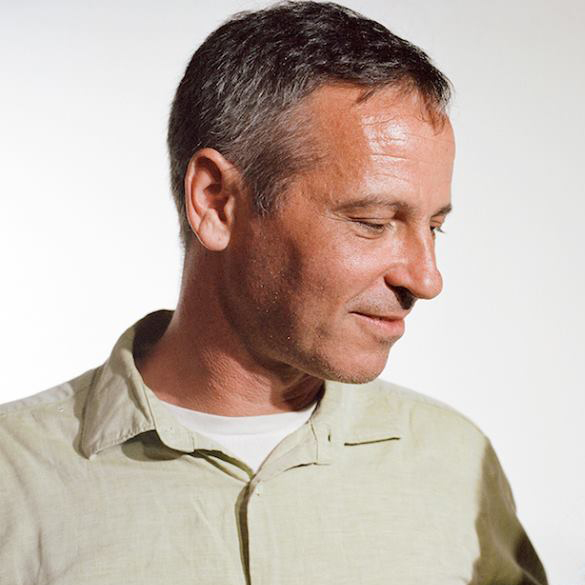 David Keenan is a co-founder of the community organizations Safer DIY Spaces (2016), Omni Commons (2013), Tamarack co-op cafe (2015), and the Bay Area Public School (2012). As executive director of Safer DIY Spaces, a nonprofit which formed after the 2016 Ghost Ship fire, Keenan has helped to provide extensive technical and financial assistance to over 100 low-income DIY communities in the Bay Area to abate hazard and turn back the tide of code enforcement-related displacement. Grantors for his community projects include the Kenneth Rainin Foundation, the East Bay Community Foundation, the Gray Area Foundation for the Arts, Oaklandish, and Southern Exposure, among others. Over the last six years, Keenan has worked intensively to preserve and render safe vulnerable live/work and community assembly spaces, both in terms of providing direct assistance to affected communities and working with city governments on policy and legislative changes focusing on harm reduction and adoption of performance-based standards. Since 2013, Keenan also helped to raise over $2M to secure approximately 24,000 square feet of property for permanent, affordable community, and DIY use. Keenan also extensively participated in Oakland’s Code Changes committee of the Fire Safety Task Force currently under evaluation by the City of Oakland.
David Keenan is a co-founder of the community organizations Safer DIY Spaces (2016), Omni Commons (2013), Tamarack co-op cafe (2015), and the Bay Area Public School (2012). As executive director of Safer DIY Spaces, a nonprofit which formed after the 2016 Ghost Ship fire, Keenan has helped to provide extensive technical and financial assistance to over 100 low-income DIY communities in the Bay Area to abate hazard and turn back the tide of code enforcement-related displacement. Grantors for his community projects include the Kenneth Rainin Foundation, the East Bay Community Foundation, the Gray Area Foundation for the Arts, Oaklandish, and Southern Exposure, among others. Over the last six years, Keenan has worked intensively to preserve and render safe vulnerable live/work and community assembly spaces, both in terms of providing direct assistance to affected communities and working with city governments on policy and legislative changes focusing on harm reduction and adoption of performance-based standards. Since 2013, Keenan also helped to raise over $2M to secure approximately 24,000 square feet of property for permanent, affordable community, and DIY use. Keenan also extensively participated in Oakland’s Code Changes committee of the Fire Safety Task Force currently under evaluation by the City of Oakland.
Devi Peacock
artistic and executive director, Liberate 23rd Ave Collective
 Devi Peacock is the artistic and executive director of Peacock Rebellion, an Oakland-based crew of queer and trans people of color who use the arts to stop violence and heal from trauma. Peacock has received a Best of the East Bay award for “Most Historic Cultural Event,” the Transgender Day of Visibility’s Movement Builder award, Arts for a Better Bay Area’s Local Impact award, and was named to the YBCA 100, “the 100 people, organizations and movements shaping the future of culture.” Peacock is a sixteenth-generation storyteller and a social justice comedian who has shared work at the National Queer Arts Festival, United States of Asian America Festival, United States Social Forum, and as part of the QTPOC cabaret Mangos with Chili. Peacock is an advisory board member of the Resilience Archives, a member of the QTPOC4SHO arts collective; and co-organizer of Liberate 23rd Ave., a campaign to turn a long-time QTPOC cultural hub in Oakland into a permanent commercial-residential land trust. Peacock served as a Cultural Equity Fellow with Emerging Arts Professionals and as the first Community Engagement Coordinator of the Queer Cultural Center, home of the National Queer Arts Festival.
Devi Peacock is the artistic and executive director of Peacock Rebellion, an Oakland-based crew of queer and trans people of color who use the arts to stop violence and heal from trauma. Peacock has received a Best of the East Bay award for “Most Historic Cultural Event,” the Transgender Day of Visibility’s Movement Builder award, Arts for a Better Bay Area’s Local Impact award, and was named to the YBCA 100, “the 100 people, organizations and movements shaping the future of culture.” Peacock is a sixteenth-generation storyteller and a social justice comedian who has shared work at the National Queer Arts Festival, United States of Asian America Festival, United States Social Forum, and as part of the QTPOC cabaret Mangos with Chili. Peacock is an advisory board member of the Resilience Archives, a member of the QTPOC4SHO arts collective; and co-organizer of Liberate 23rd Ave., a campaign to turn a long-time QTPOC cultural hub in Oakland into a permanent commercial-residential land trust. Peacock served as a Cultural Equity Fellow with Emerging Arts Professionals and as the first Community Engagement Coordinator of the Queer Cultural Center, home of the National Queer Arts Festival.
Seven Asefaha
founder, Alena Museum
 Hager “Seven” Asefaha is a conceptual artist and activist focused on the cultural preservation and cultivation of the African Diaspora. Asefaha’s family escaped the civil war in Eritrea and found refugee asylum in Oakland, California — the city Asefaha has called home since the age of four. Asefaha is the founder of Alena Museum, a non-profit with the mission of providing critical safe spaces for the African Diaspora to express and cultivate their cultural identity in the face of gentrification. Asefaha’s understanding of humanitarian crises and racial injustice inform his work of advocating for social justice and creating space for the African Diaspora. Intimately interwoven in Asefaha’s work is the evolving concepts of Afro-futurism and Creative Placemaking.
Hager “Seven” Asefaha is a conceptual artist and activist focused on the cultural preservation and cultivation of the African Diaspora. Asefaha’s family escaped the civil war in Eritrea and found refugee asylum in Oakland, California — the city Asefaha has called home since the age of four. Asefaha is the founder of Alena Museum, a non-profit with the mission of providing critical safe spaces for the African Diaspora to express and cultivate their cultural identity in the face of gentrification. Asefaha’s understanding of humanitarian crises and racial injustice inform his work of advocating for social justice and creating space for the African Diaspora. Intimately interwoven in Asefaha’s work is the evolving concepts of Afro-futurism and Creative Placemaking.
Tionenji Aiken
communications director, Artspace
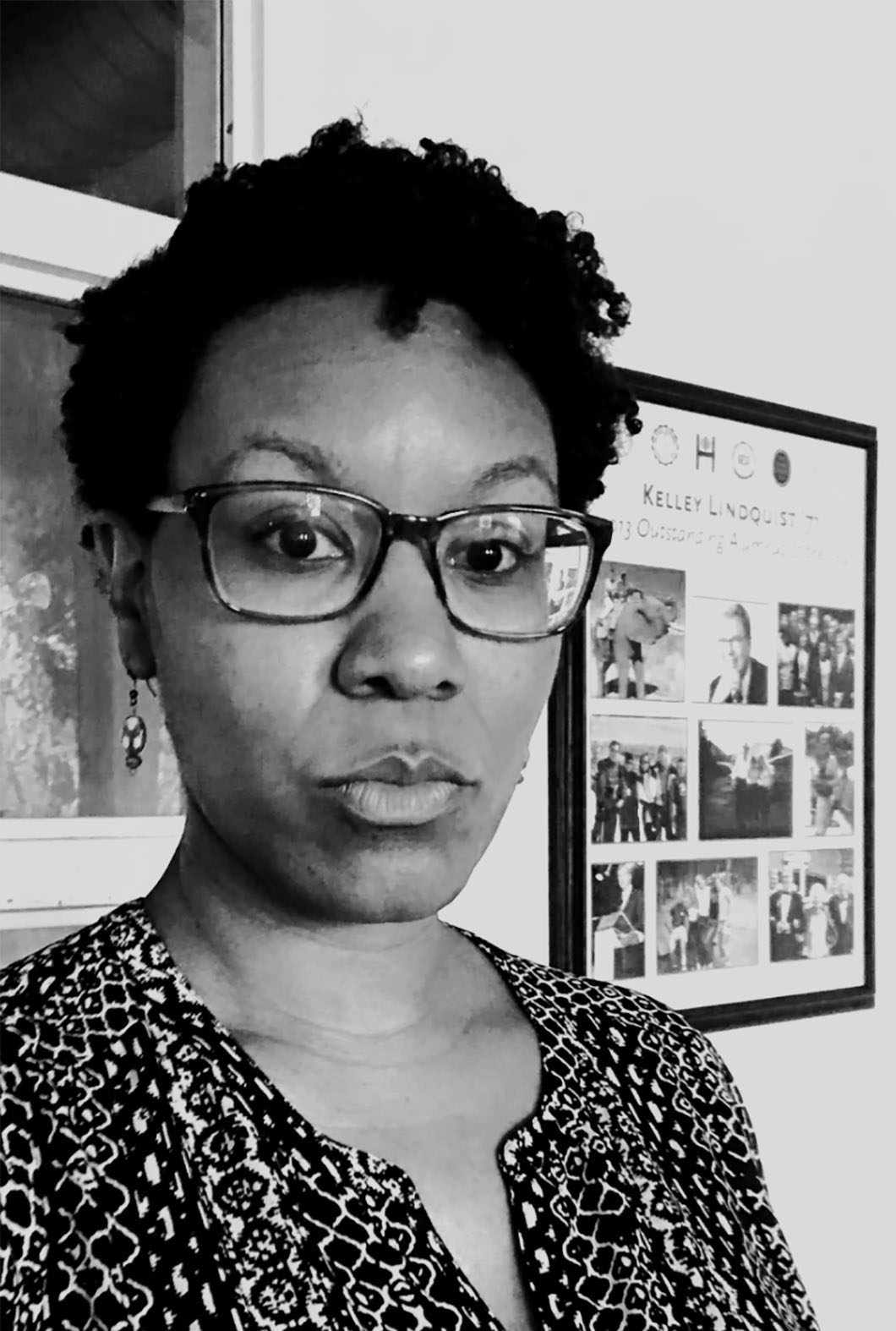 Tionenji Aiken (Tio Aiken) is the director of Communications for Artspace Projects Inc. Recruited to Artspace in 2016 as the communications manager, Aiken has shifted the Artspace brand to focus on multi-format storytelling with a deep desire to highlight the intersectionality of Artspace’s diverse residential communities and partnerships nationwide. Aiken is also the program director for the Rafala Green Fellowship program, a two-year fellowship that promotes equity and inclusion in non-profit real-estate by training the next generation of POCI emerging leaders working at the intersection of arts, real-estate, and community development. Aiken is also a practicing poet and a champion of anyone using their creative expression to make space in the world for positive change. She currently sits on the advisory boards of Made Here MN and Giant Steps MN, and the board of directors for the Twin Cities Jazzfest.
Tionenji Aiken (Tio Aiken) is the director of Communications for Artspace Projects Inc. Recruited to Artspace in 2016 as the communications manager, Aiken has shifted the Artspace brand to focus on multi-format storytelling with a deep desire to highlight the intersectionality of Artspace’s diverse residential communities and partnerships nationwide. Aiken is also the program director for the Rafala Green Fellowship program, a two-year fellowship that promotes equity and inclusion in non-profit real-estate by training the next generation of POCI emerging leaders working at the intersection of arts, real-estate, and community development. Aiken is also a practicing poet and a champion of anyone using their creative expression to make space in the world for positive change. She currently sits on the advisory boards of Made Here MN and Giant Steps MN, and the board of directors for the Twin Cities Jazzfest.
Sage Crump
project manager, Leveraging a Network for Equity, National Performance Network/Visual Arts Network
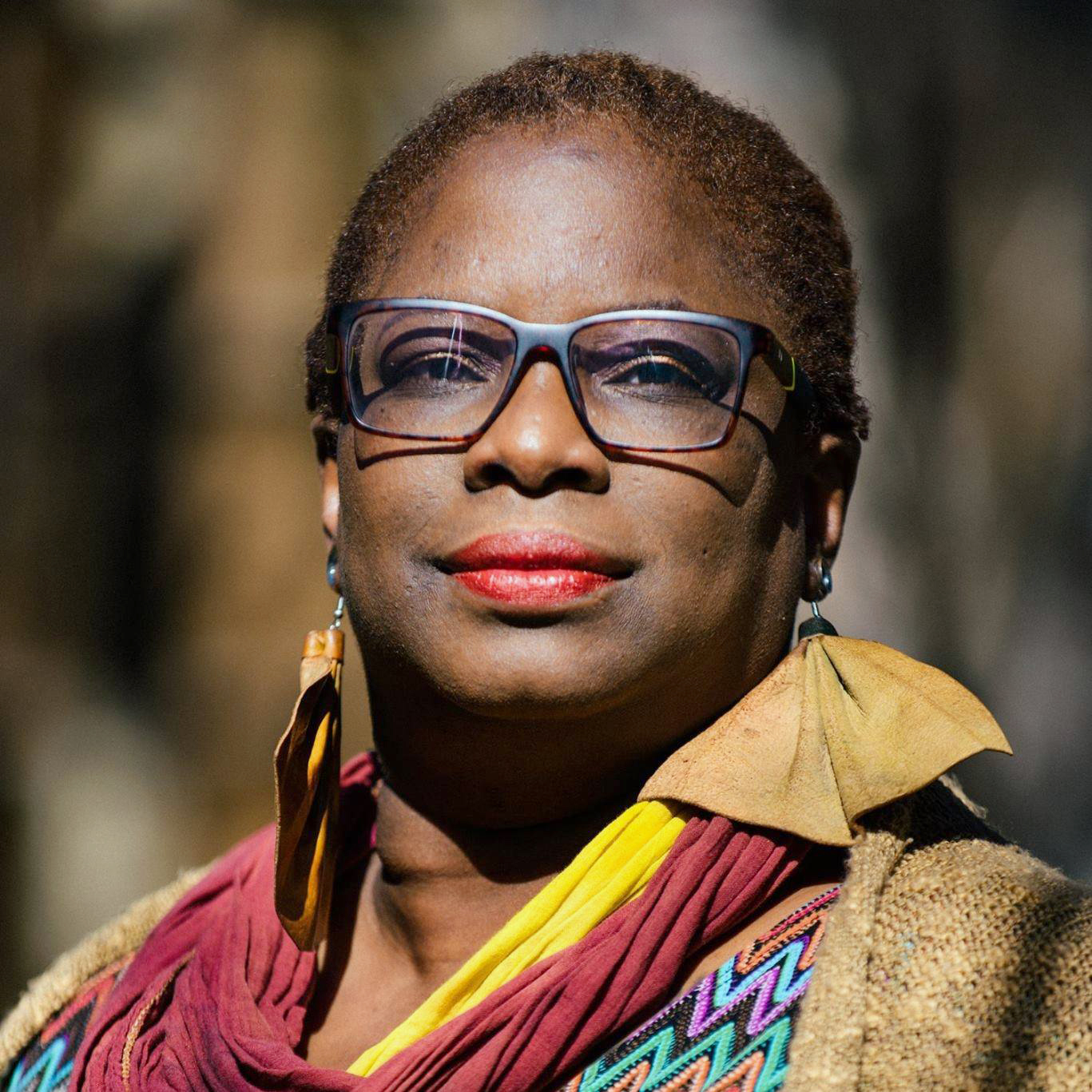 Sage Crump is a culture strategist who seeks to expand and deepen the work of artists, cultural workers, and arts organizations in social justice organizing. Based in New Orleans but working nationally, she believes in leveraging art, creative practice, and the cultural sector to transform systemic oppressions. Crump is a member of Complex Movements, a Detroit-based artist collective whose interdisciplinary work support local and translocal visionary organizing. Crump is currently program specialist for Leveraging a Network for Equity (LANE) at the National Performance Network. LANE is a 10-year initiative that amplifies the leadership of arts organization of color and rural organizations and grows their ability to thrive in culturally authentic ways. A board member for the Center for Media Justice, Art2Action, and a member of Alternate ROOTS, Crump’s work incorporates complex sciences, emergent strategy, and creative practice to imagine the world we want to live in and build strategies and practices that will get us there.
Sage Crump is a culture strategist who seeks to expand and deepen the work of artists, cultural workers, and arts organizations in social justice organizing. Based in New Orleans but working nationally, she believes in leveraging art, creative practice, and the cultural sector to transform systemic oppressions. Crump is a member of Complex Movements, a Detroit-based artist collective whose interdisciplinary work support local and translocal visionary organizing. Crump is currently program specialist for Leveraging a Network for Equity (LANE) at the National Performance Network. LANE is a 10-year initiative that amplifies the leadership of arts organization of color and rural organizations and grows their ability to thrive in culturally authentic ways. A board member for the Center for Media Justice, Art2Action, and a member of Alternate ROOTS, Crump’s work incorporates complex sciences, emergent strategy, and creative practice to imagine the world we want to live in and build strategies and practices that will get us there.
Joseph Kunkel
executive director, Sustainable Native Communities
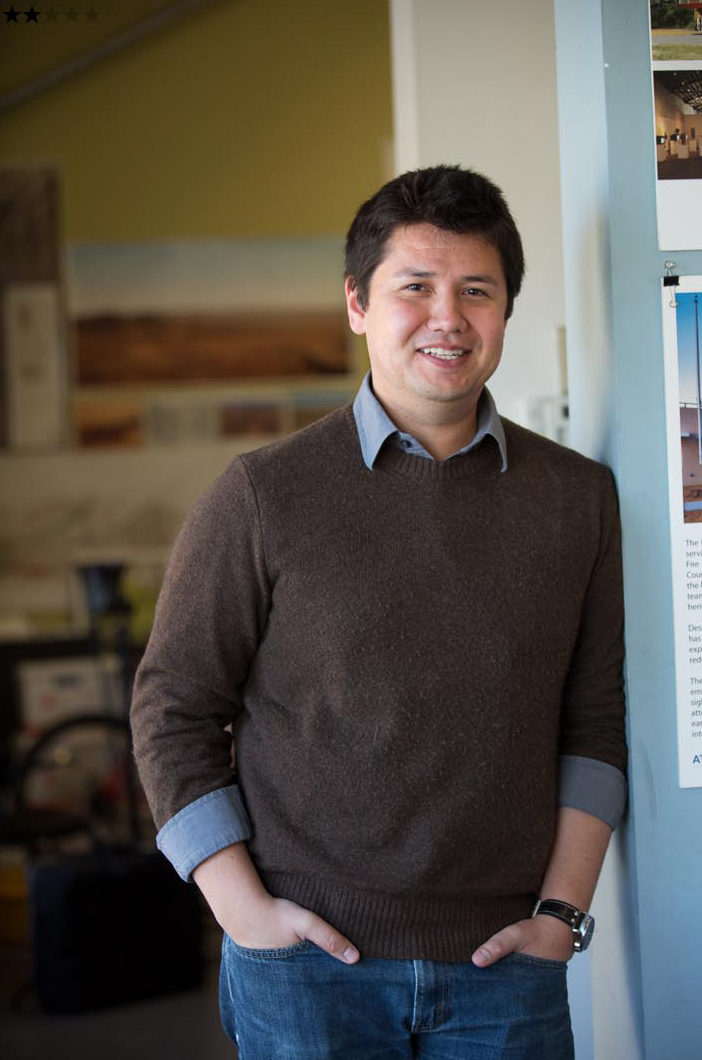 Joseph Kunkel, a Northern Cheyenne Tribal Member, is the executive director of the Sustainable Native Communities Collaborative and a visiting scholar at Arizona State University’s School of Engineering at the Del E. Webb School of Construction. Community designer, educator, and Enterprise Rose Architectural fellow, Kunkel worked directly with the Sustainable Native Communities Collaborative (SNCC), and the Santo Domingo Tribal Housing Authority (SDTHA). His work has developed into emerging best practices for Indian Country, leading to an online Healthy Homes Road Map for affordable tribal housing development, funded by HUD’s Policy, Development, and Research Office. His professional career has centered on community-based design, ranging from material research, fabrication and construction to community-based planning, design, and development. While at the SDTHA, Kunkel help lead the development of a 41-unit Low-Income-Housing-Tax-Credit development, which started with an Our Town grant funded by the National Endowments for the Arts, and led to an ArtPlace America grant award. At Arizona State University, Kunkel will develop and engage in project-based field work, research, and academic course work that focuses on indigenous populations. His project work will center on architecture, planning, construction, and design processes that align with indigenous values and honors the worldview of our nation’s indigenous populations.
Joseph Kunkel, a Northern Cheyenne Tribal Member, is the executive director of the Sustainable Native Communities Collaborative and a visiting scholar at Arizona State University’s School of Engineering at the Del E. Webb School of Construction. Community designer, educator, and Enterprise Rose Architectural fellow, Kunkel worked directly with the Sustainable Native Communities Collaborative (SNCC), and the Santo Domingo Tribal Housing Authority (SDTHA). His work has developed into emerging best practices for Indian Country, leading to an online Healthy Homes Road Map for affordable tribal housing development, funded by HUD’s Policy, Development, and Research Office. His professional career has centered on community-based design, ranging from material research, fabrication and construction to community-based planning, design, and development. While at the SDTHA, Kunkel help lead the development of a 41-unit Low-Income-Housing-Tax-Credit development, which started with an Our Town grant funded by the National Endowments for the Arts, and led to an ArtPlace America grant award. At Arizona State University, Kunkel will develop and engage in project-based field work, research, and academic course work that focuses on indigenous populations. His project work will center on architecture, planning, construction, and design processes that align with indigenous values and honors the worldview of our nation’s indigenous populations.
Jeremy Liu
community development practitioner, and senior fellow, Policy Link
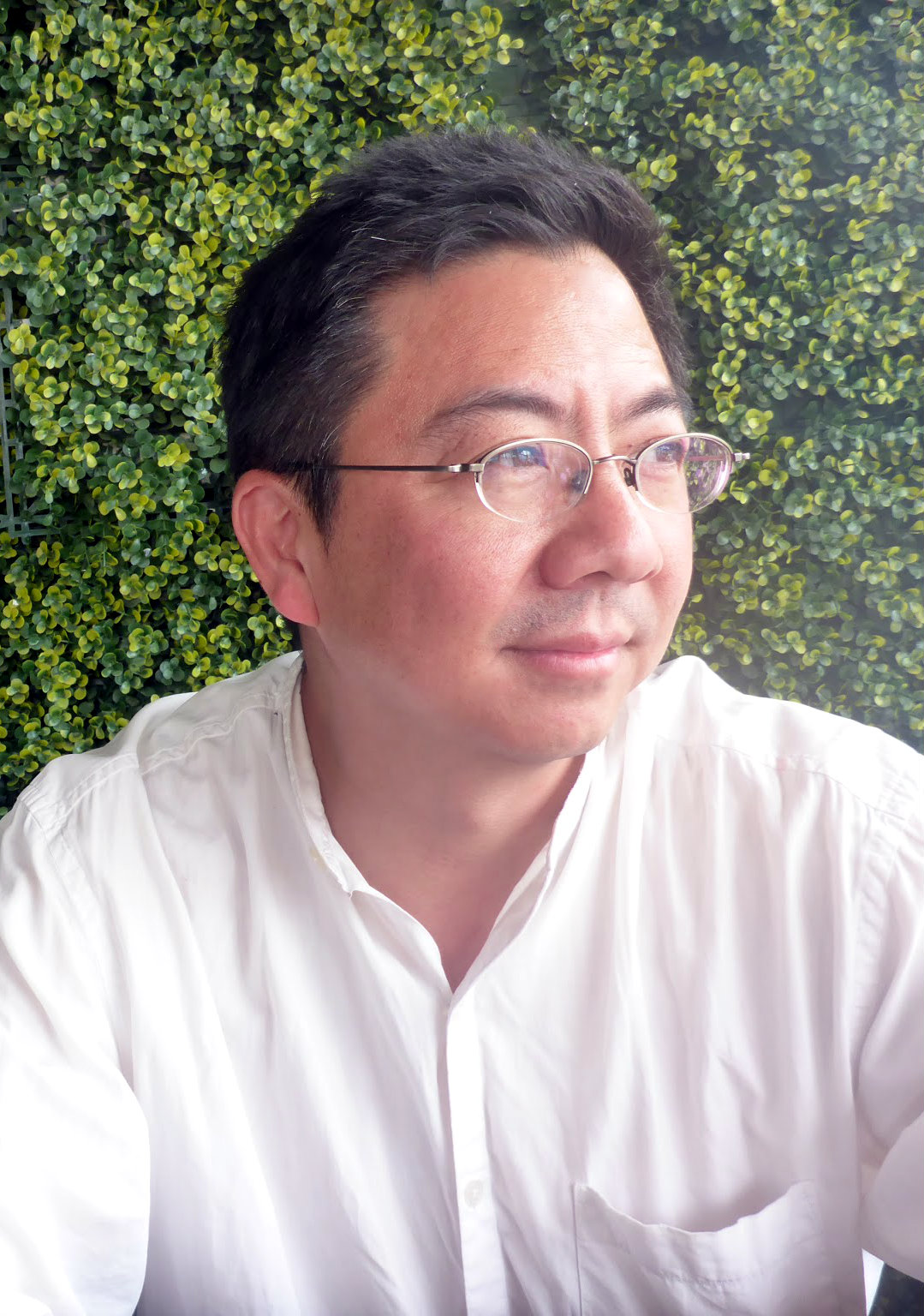 Jeremy Liu is an artist and community development practitioner. He is a senior fellow at PolicyLink where he guides a national initiative integrating arts and culture into equitable development, in partnership and with support from ArtPlace America, the National Endowment for the Arts, and the Kresge Foundation. Previously, he served as the executive director of two community development corporations that incorporated social epidemiology and art into their strategies, including the first in the country to shift from a focus on housing production and service provision to a performance focus on the social determinants of health. He is the founder and managing partner of Creative Development Partners, a for-profit and for-purpose community development investment and development firm. He also co-founded Creative Ecology Partners, a community development innovation studio that developed the Creative Determinants of Health framework and the National Bitter Melon Council, winner of the 2005 Artadia Award, to address social bitterness. He has written for the NEA “How to Do Creative Placemaking” book and Shelterforce Magazine.
Jeremy Liu is an artist and community development practitioner. He is a senior fellow at PolicyLink where he guides a national initiative integrating arts and culture into equitable development, in partnership and with support from ArtPlace America, the National Endowment for the Arts, and the Kresge Foundation. Previously, he served as the executive director of two community development corporations that incorporated social epidemiology and art into their strategies, including the first in the country to shift from a focus on housing production and service provision to a performance focus on the social determinants of health. He is the founder and managing partner of Creative Development Partners, a for-profit and for-purpose community development investment and development firm. He also co-founded Creative Ecology Partners, a community development innovation studio that developed the Creative Determinants of Health framework and the National Bitter Melon Council, winner of the 2005 Artadia Award, to address social bitterness. He has written for the NEA “How to Do Creative Placemaking” book and Shelterforce Magazine.
Oakstop
Oakstop is a place-based enterprise, offering affordable workspace, event space, and arts programming to catalyze collaboration, professional development, and economic sustainability for creative entrepreneurs and small local businesses.
Reem’s California
Reem’s is an Arab street corner bakery that connects people across cultures and experiences through the warmth of bread and hospitality. They believe in the power of food to build strong resilient community. Their vision is to be an anchor space that provides good jobs, delicious, nourishing food, and a home to many. Reem’s offers the warmth of Arab hospitality through the discovery of flavors, aromas, and techniques of the modern Arab street corner bakery. They create the experience of home through fresh baked bread, using traditional Arab flavors and local ingredients, all prepared with California love.
- Adriana Gallego, National Association of Latino Arts and Cultures
- Eleanor Savage, The Jerome Foundation
- Adriana Griño, Kenneth Rainin Foundation
- Ruby Lopez Harper, Americans for the Arts
- Brian McGuigan, Artist Trust
- Anne Mulgrave, Greater Pittsburg Arts Council
- Gabriela Muñoz, Arizona Commission on the Arts
- Heather Pontonio, Emily Hall Tremaine Foundation
- Cassandra Town, The Robert B. McMillen Foundation
- Nadia Elokdah, Grantmakers in the Arts
- Sherylynn Sealy, Grantmakers in the Arts
Special thanks to Claudia Leung of the San Francisco Arts Commission whose conference session anchors the 2018 Individual Artist Preconference.
